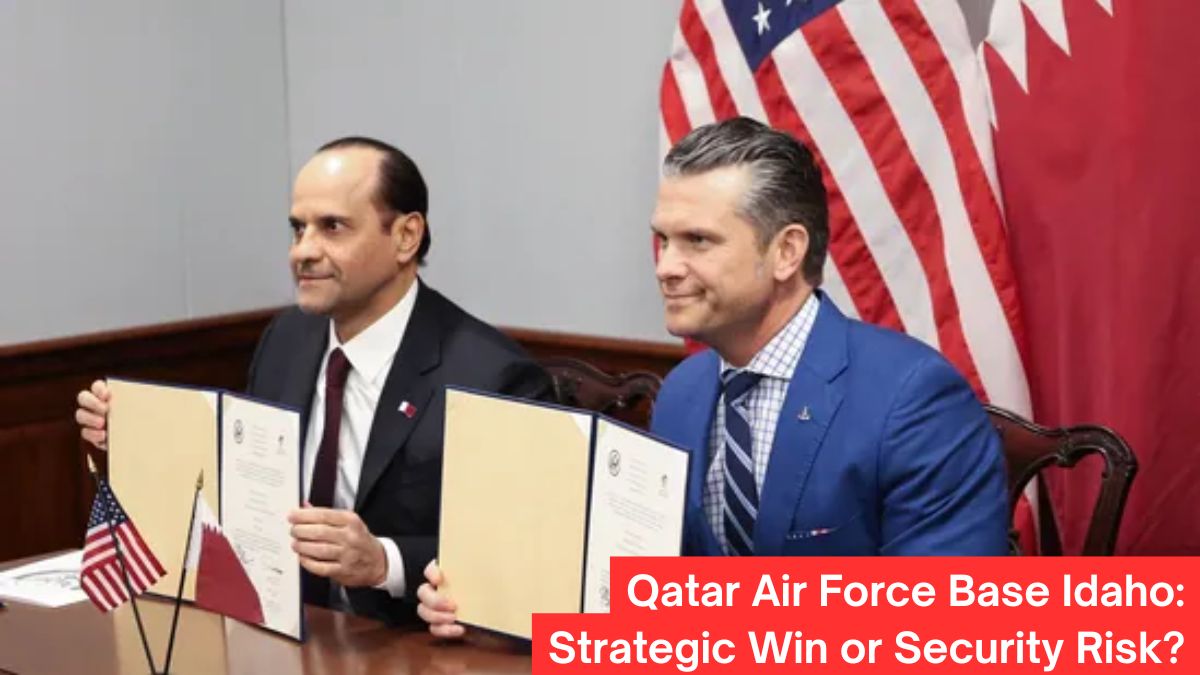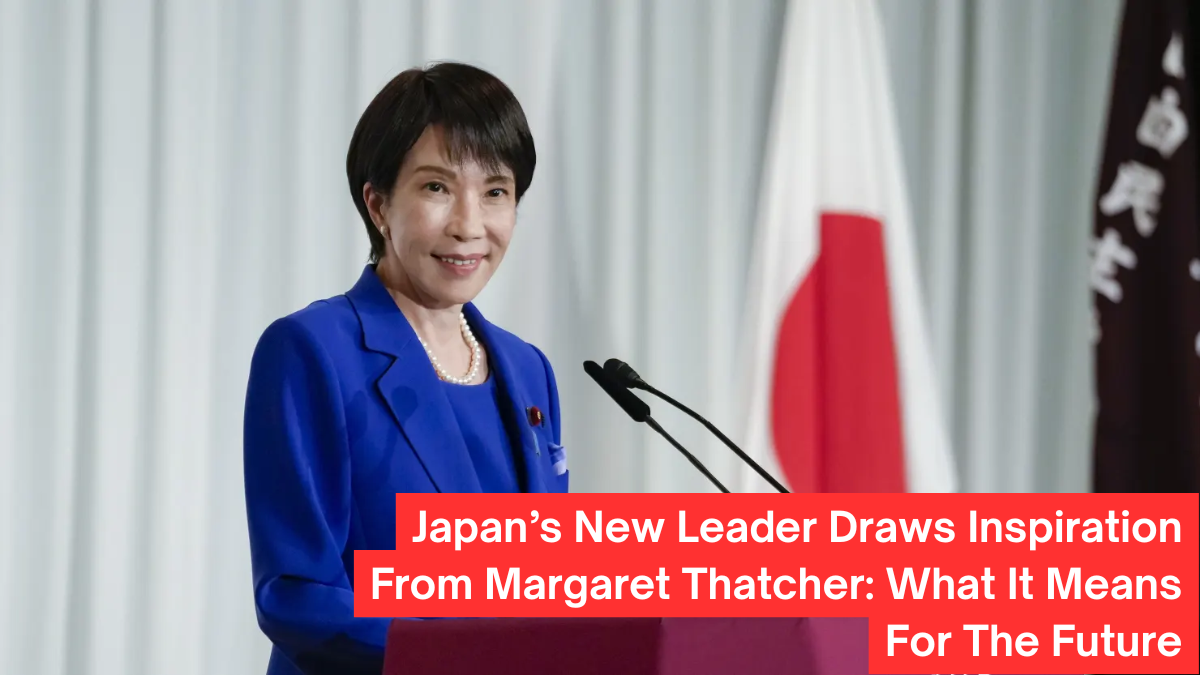In the heart of America, a surprising defense partnership is forming. The small Gulf country of Qatar is building a pilot training center at the Mountain Home Air Force Base in Idaho. The move comes after U.S.
Defense Secretary Pete Hegseth and Qatar’s top defense official signed a new defense agreement at the Pentagon. Even though it’s not a foreign takeover, the plan has caused a lot of controversy in politics and on social media.
Key Takeaways
- Qatar will train its F-15 pilots at a U.S. Air Force base in Idaho.
- All costs are covered by Qatar, including construction and maintenance.
- The U.S. will retain full control over base security and operations.
- The deal builds on long-standing U.S.-Qatar defense ties, including joint operations in the Middle East.
- Online reactions are split between national security concerns and praise for deeper cooperation.
A Partnership That Has Been in the Works for a Long Time
This deal didn’t just happen out of the blue. In 2017, Qatar bought $12 billion worth of F-15 fighter jets from the United States. The country’s small airspace makes it hard to get advanced flight training, so it needs a partner base in another country. Idaho’s wide-open land is perfect for practice combat and precision bombing drills because there is no risk to civilians.
The new building will be able to hold up to 12 Qatari F-15QA jets and almost 300 people. Qatar will pay for everything, from building the base to keeping it up every day. In the meantime, U.S. troops will still be in charge of base access, security, and operational rules. In short, Qatar is paying to use American infrastructure, but the U.S. keeps a close eye on it.
Building on Strategic Relationships
The Secretary said that the move was a step toward “stronger combined training” and “better combat readiness.” The initiative builds on ten years of defense cooperation between the two countries. Al Udeid Air Base is already in Qatar. It is home to more than 10,000 American troops and is a major base for U.S. operations in the Middle East.
Qatar’s role in brokering the recent ceasefire in Gaza has brought it more attention diplomatically, which Washington is happy about. The U.S. government also reaffirmed its defense commitments to Qatar, saying that the Gulf nation is important for fighting regional threats like Iran.
Responses: Cheers and Criticism
After the announcement, social media went crazy, with more than 50,000 interactions in just a few hours. The answers were very different.
- Anger and distrust (about 70%)
Conservative commentators said the plan was bad for the country. Laura Loomer and Steve Bannon, among others, said that letting Qatari pilots train in the U.S. goes against “America First” ideas. There were a lot of memes and hashtags like #QatarGate that linked the deal to Trump’s business ties in the Gulf.
- Safety Issues (About 20%)
Some analysts were worried about possible security risks. Critics pointed to past events, such as Qatar’s temporary limits on U.S. strikes from Al Udeid during times of regional tension. They said that Idaho could become a symbolic target for enemies.
- Supportive Views (The Last 10%)
Some people said the move was just normal defense cooperation. Commentators pointed out that Singapore has been training F-15 pilots in Idaho since 2009 without any problems. Mehdi Hasan and other journalists pointed out the irony of the political backlash, calling the deal “routine military collaboration dressed up as scandal.”
The Big Picture
The project could help Idaho residents’ economies in the short term. New jobs and improvements to infrastructure will come from construction contracts and logistical support. The move shows how strategic alliances often make it hard to tell the difference between diplomacy and domestic politics.
Qatar’s history of mediating conflicts and fighting extremism makes it a stronger partner for the U.S., but its ties to groups like Hamas are still a worry. Washington needs to balance these things in order to keep its power in a region that is always changing.






